
Exeter near the top, Torridge near the bottom in league tables
With just six years left for most councils in Devon to reach their net zero targets, some are well on their way whilst others are lingering near the bottom of the league table.
Exeter is currently the third best performing district council in the UK for taking action towards net zero, according to council climate action scorecards produced by Climate Emergency UK.
It sits behind only Lancaster and Cambridge in the list of 164 district councils with a score of 56 per cent compared to an average of 29 per cent.
Teignbridge is in sixth position (47 per cent), East Devon 16th (42 per cent), South Hams 20th (39 per cent), West Devon 30th (37 per cent), North Devon 64th ( 31 per cent), Mid Devon 85th (28 per cent) with Torridge down in 149th position (17 per cent).
All councils have signed up to the Devon Climate Emergency and plan to reach net zero by 2030 apart from East Devon District Council which has a target date of 2040 and Teignbridge 2025.
Exeter scored particularly highly for buildings and heating - 82 per cent - and collaboration and engagement, in which achieved the same score.
The council recently won major awards for its solar farm and battery storage facility at Marsh Barton, which is generating sustainable electricity and powering the council’s fleet of electric vehicles.
It has also achieved national recognition for its ambitious retrofit programme, which is cutting energy consumption and carbon emissions at council-owned properties across the city.
Teignbridge scored well above average for planning and land use and is hoping to include a new net zero policy at all new developments in its new local plan. But like many councils is struggling in the transport department.
Both North Devon and Torridge have plans to decarbonise leisure facilities which they say will reduce their carbon emissions, but the councils claim it will be difficult for electric vehicles to cope with hills and lanes in the rural districts.
Authorities are looking at hydrogen fuel options, but with refuse vehicles nearly twice the price of electric and five times the price of diesel equivalents, cash strapped councils often can't find the money.
Sustainability and climate change officer for Torridge District Council Donna Sibley said this week: “There is nothing really missing from our carbon environment and biodiversity plan, but the difficulty is this work is not given government funding and we have to scrape together the funds for this.”
Teignbridge Council’s executive member for climate change Cllr Jackie Hook (Lib Dem, Bushell) agreed that government funding is an issue but it has been fortunate enough to get millions of pounds to decarbonise the council's headquarters and leisure centres.
She said Teignbridge had been helped by councillors from all parties working towards a common goal and it is well engaged with climate action groups across the district.
“We have done well and we have a brilliant climate change officer and planning department, but we wish there was government funding so we could recruit one or two more officers on this and we could do so much more.”
Meanwhile Devon County Council, which is third in the ranking of the UK’s 21 county councils for its efforts towards being carbon neutral, says it’s on track to reduce its carbon emissions by 70 per cent by 2030 by offsetting the remaining 30 per cent through projects like tree planting.
The installation of heat pumps and updating older boilers with new condensing models, together with the conversion of its 79,000 streetlights to LED lights and solar arrays on corporate buildings has significantly reduced its carbon output, it says.
Of the unitary authorities in Devon, Plymouth is 39th in the rankings and Torbay is down in 161th out of 186 councils.
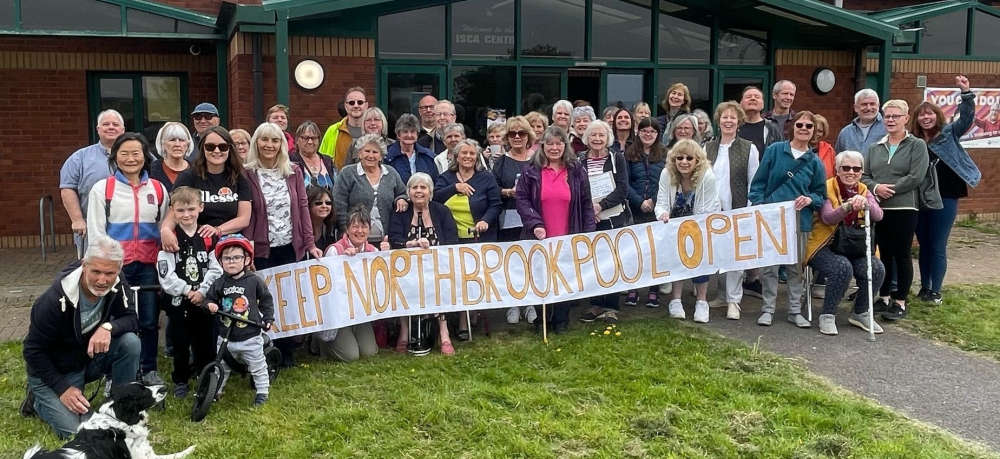 Decision on Exeter swimming pool due this week
Decision on Exeter swimming pool due this week
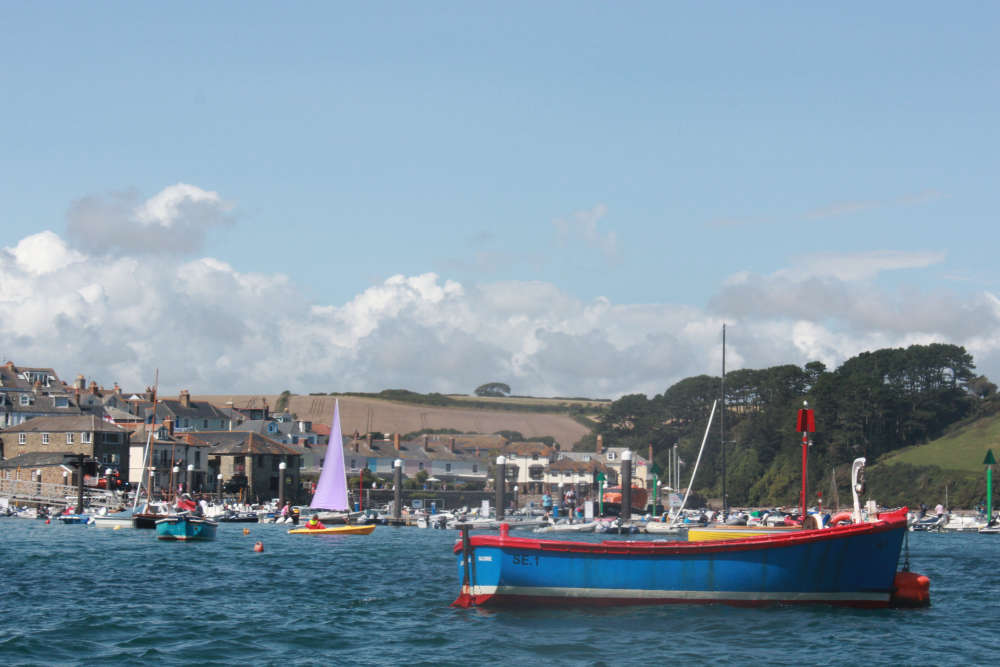 South Hams tourism down, but average spending up
South Hams tourism down, but average spending up
 More East Devon council workers leaving
More East Devon council workers leaving
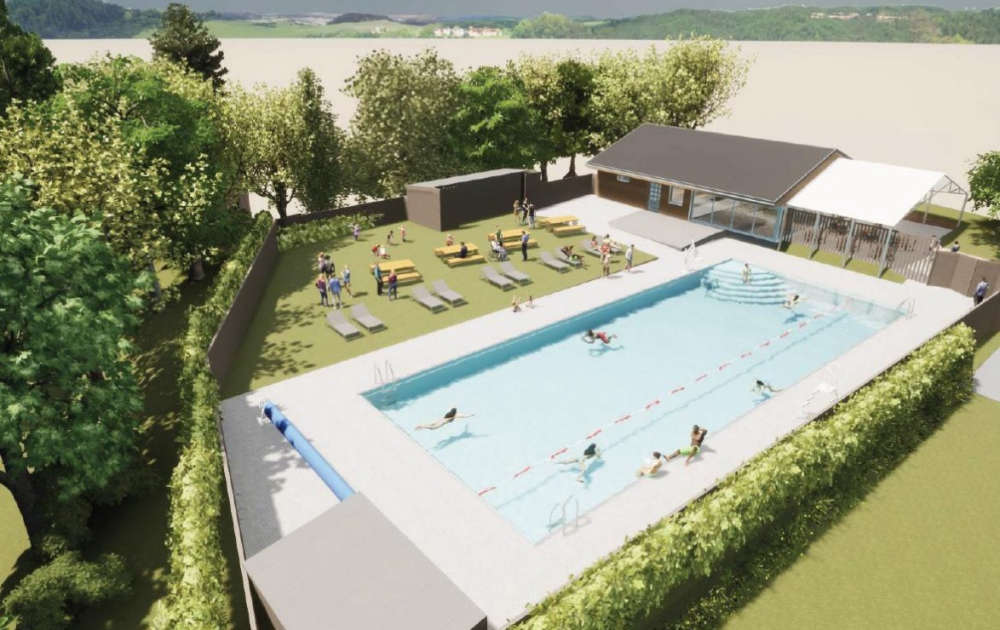 Dartington pool expected to reopen
Dartington pool expected to reopen
 Exeter to lobby Post Office over city centre branch future
Exeter to lobby Post Office over city centre branch future
 Lib Dems "have mountain to climb" in Devon, says its leader
Lib Dems "have mountain to climb" in Devon, says its leader
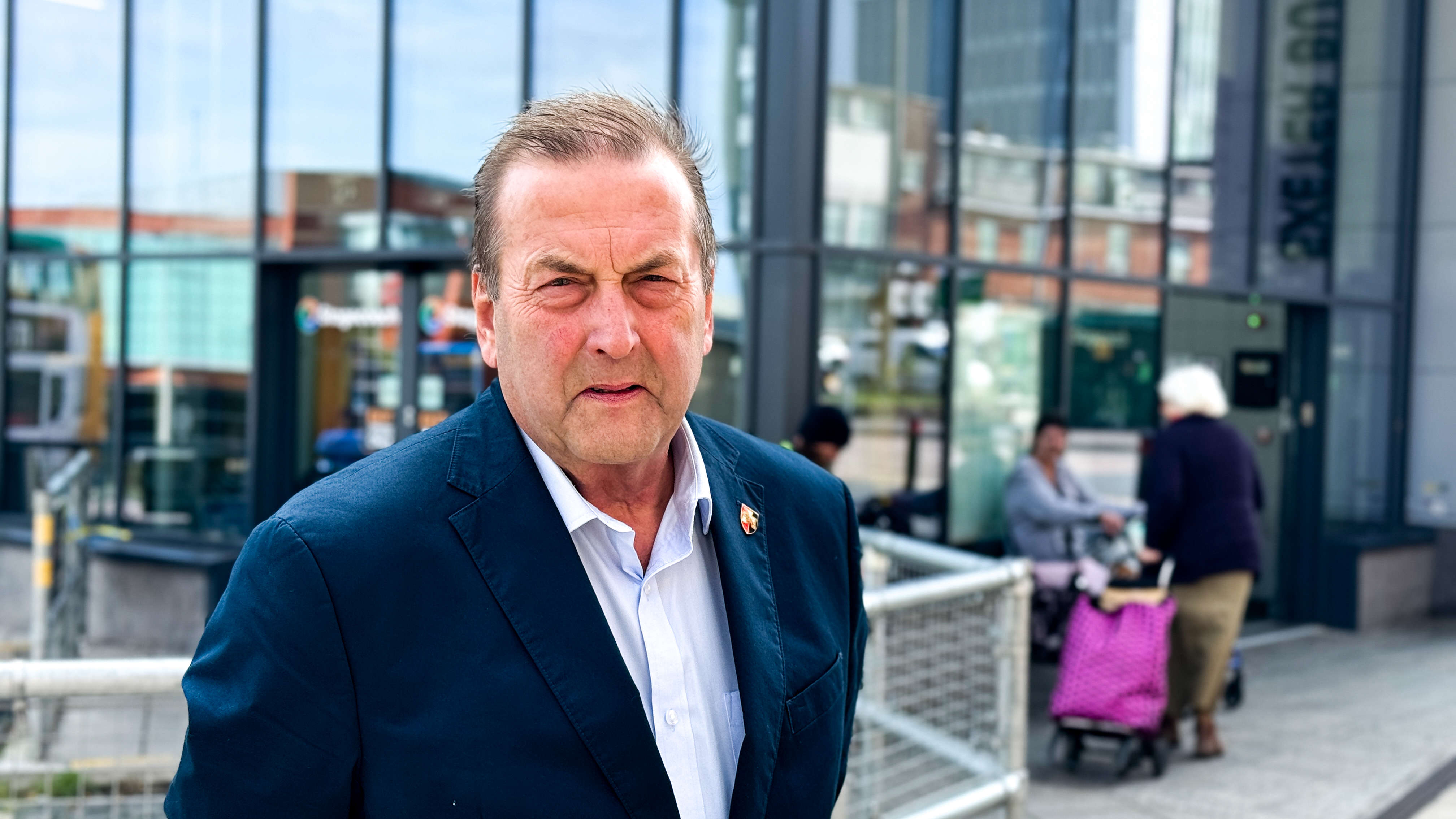 Pop-up market proposal for Exeter city centre
Pop-up market proposal for Exeter city centre
 'Bad deal' blast over Churston solar farm
'Bad deal' blast over Churston solar farm
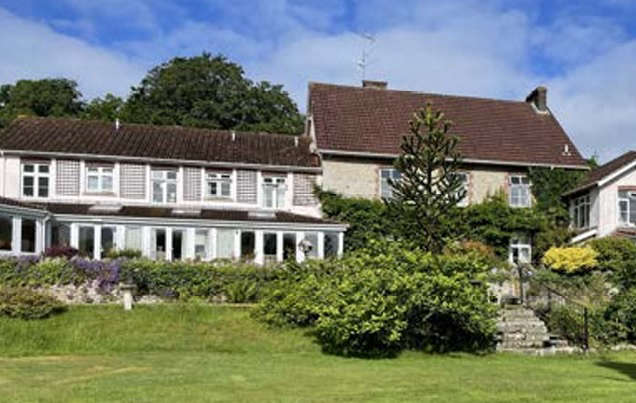 Bovey Tracey holiday homes plan rejected
Bovey Tracey holiday homes plan rejected
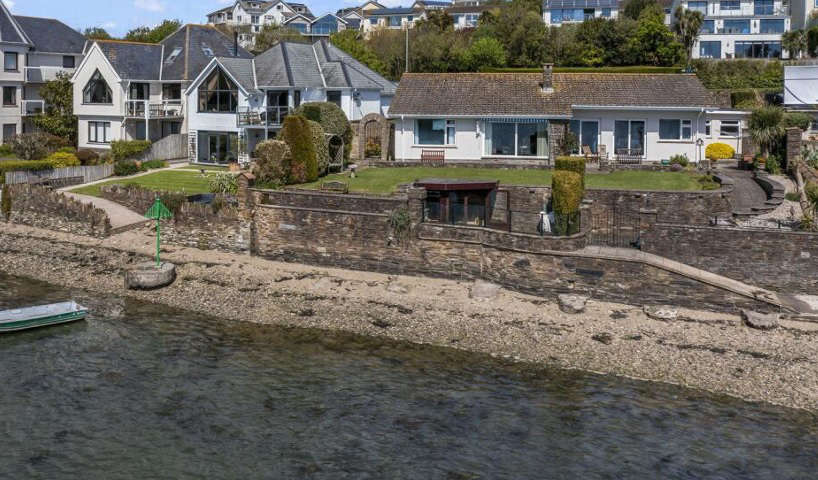 Broadside for 'incongruous' Kingsbridge waterside home
Broadside for 'incongruous' Kingsbridge waterside home
